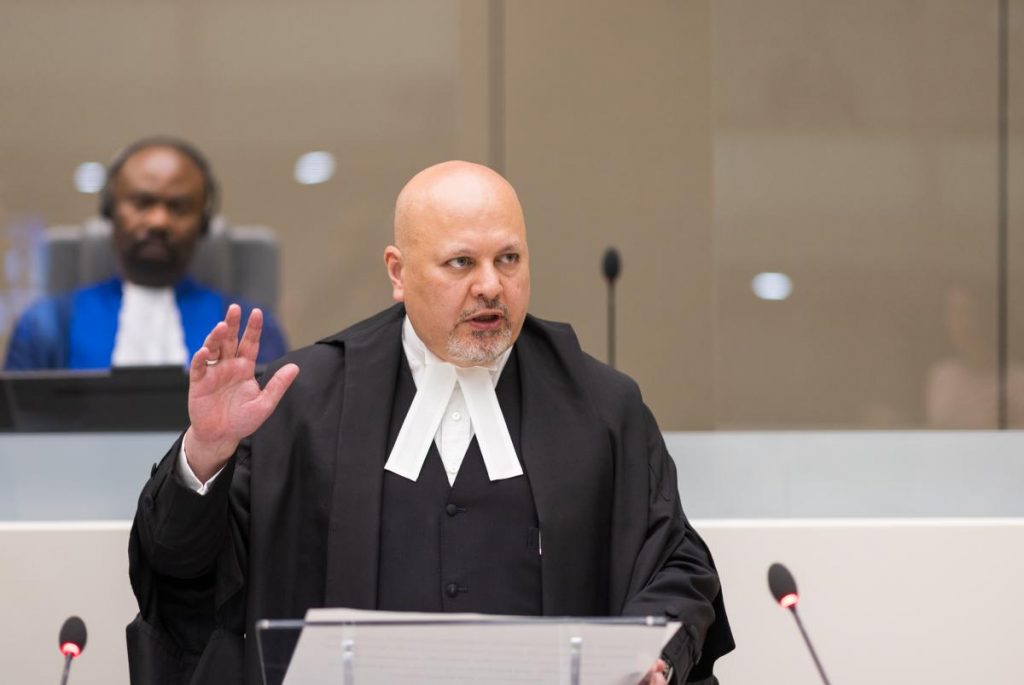The International Criminal Court (ICC) is pushing for arrest warrants against Hamas leader Yahya Sinwar and Israeli Prime Minister Benjamin Netanyahu. They face charges of war crimes and crimes against humanity over the October 7 attacks on Israel and the ensuing Gaza conflict. ICC’s chief prosecutor Karim Khan revealed this in an exclusive interview with CNN’s Christiane Amanpour on Monday.
Khan also seeks warrants for Israel’s Defense Minister Yoav Gallant and two other top Hamas leaders. These are Mohammed Diab Ibrahim al-Masri, the leader of the Al Qassem Brigades, and Ismail Haniyeh, Hamas’ political leader.
Targeting the top leader of a close U.S. ally is a first for the ICC. This move puts Netanyahu in the same group as Russian President Vladimir Putin. The ICC issued an arrest warrant for Putin over Moscow’s war on Ukraine.
A panel of ICC judges will now review Khan’s application for the arrest warrants.
Khan has charged Sinwar, Haniyeh, and al-Masri with “extermination, murder, taking of hostages, rape, and sexual assault in detention.”
Regarding the October 7 attacks, Khan told Amanpour, “The world was shocked…people were ripped from their bedrooms, from their homes, from the different kibbutzim in Israel.” He added that “people have suffered enormously.
The charges against Netanyahu and Gallant include “causing extermination, causing starvation as a method of war, and deliberately targeting civilians in conflict.
Last month, reports surfaced about the ICC chief prosecutor’s plan. In response, Netanyahu said that any ICC arrest warrants against senior Israeli officials “would be an outrage of historic proportions.” He stated that Israel “has an independent legal system that rigorously investigates all violations of the law.
When asked about Netanyahu’s comments, Khan told Amanpour, “Nobody is above the law.” He advised that if Israel disagrees with the ICC, they should “raise a challenge before the judges of the court.”
Neither Israel nor the United States are ICC members. However, the ICC claims jurisdiction over Gaza, East Jerusalem, and the West Bank. This is because Palestinian leaders agreed to follow the court’s founding principles in 2015.











Pingback: Netanyahu, Gallant issued ICC arrest warrants for war crimes: Whats next? - Esbecgroup
Pingback: Netanyahu Defends Gaza War in Congress, Faces Protests Inside and Out - Esbecgroup
Pingback: US-made Weapons Used in Israeli Attack on Gaza School: Al Jazeera Investigation - Esbecgroup
Pingback: UN's Top Court Orders Israel to Halt Rafah Assault; Israel Rejects - Esbecgroup